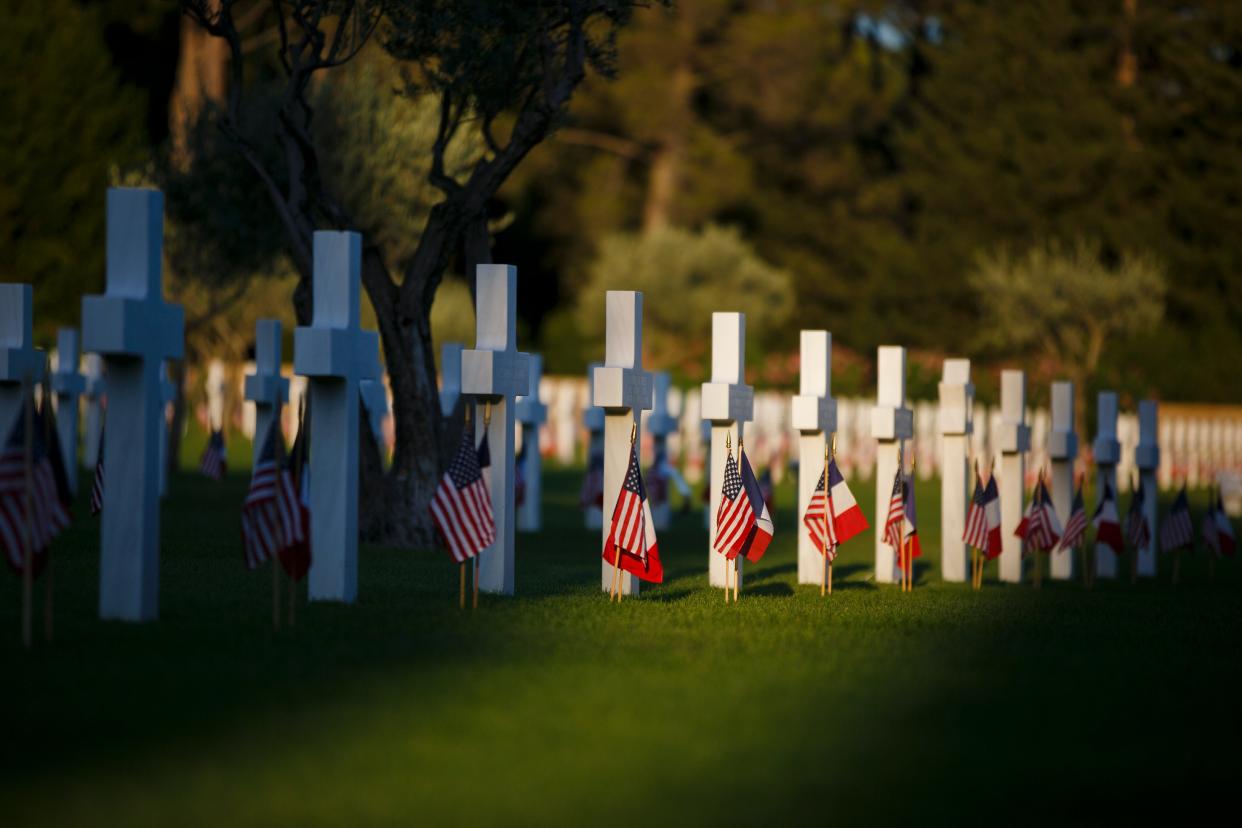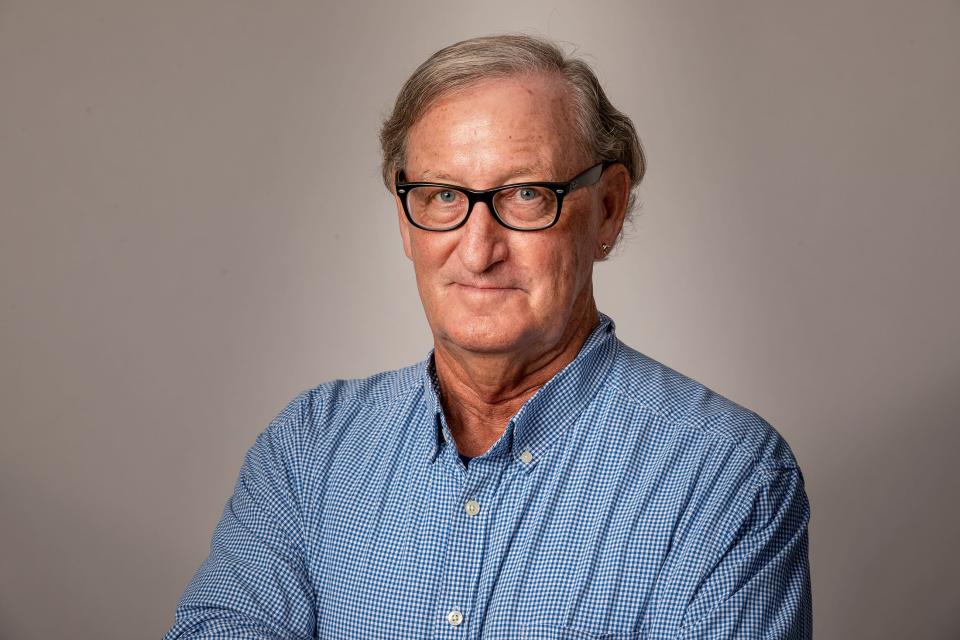'From these honored dead': Finding America's memory on Memorial Day | R. Bruce Anderson

The motto above the German Reichstag building is “Dem Deutschen Volke,” roughly “For the German People.”
It describes a gift — a blessing, really — from the ruling monarch to the people over which he ruled, so that they might have a voice in their government and their society.
I’ll admit it rings a little weirdly in American ears, where republican government is something that was violently taken from a recalcitrant monarch, rather than handed to us. The American experience signaled the end of the road for monarchy or dictatorship of any sort within our borders.
The “Reich” or Empire, of the Germans, under a king (or “Kaiser”, drawn from “Caesar,” who was oddly enough responsible for the destruction of the Roman republic) would continue until it met a bloody end in the throes of the end of World War I. It was followed rapidly by another horrifying autocracy a few years later, which only ended after another brutal world-wide conflict, and the division of Germany, again.
The U.S. started, and remained, a continuous (if often deeply flawed) democracy from the start.
Memorial Day is a day dedicated to Americans. It is a moment of remembrance. Our people currently in service and our veterans will be quick to remind us that the solemn reflection of this day is not devoted to the living, but to the dead. It is faithful to those who lost their lives in defense of this nation.
In this, I honestly believe that Lincoln’s words at Gettysburg remain the best. Lincoln said that “from these honored dead we take increased devotion to that cause for which they here, gave the last full measure of devotion that we here highly resolve these dead shall not have died in vain; that the nation, shall have a new birth of freedom, and that government of the people, by the people, for the people, shall not perish from the earth.”
When we visited Berlin this past week, so much of the reason why this is so important came home to us. Every year, we scoot over to the U.S. Embassy in the Pariser Platz for a picture. I warn the Marines or the cops on duty (depending on the year) what we’re up to, and we take the photo close by the understated script in the concrete of the building, announcing that this is, indeed, “the Embassy of the United States.”
The Embassy itself is the nearest building to the Brandenburg Gate, inched up to where the Berlin Wall crossed the gate itself and held in bondage the millions of East Germans on the other side. Around the side of the building is the memorial to the victims of the Holocaust. Our small flag flies proudly in between. The proximity is hardly by chance: It is a message to dictatorships everywhere. “Here,” it says, “is freedom.”

It seems to me that at least once a year we can take a day and remember those who have died for our way of life. There’s an awful lot of talk, these days, about “validation” and the need to somehow “validate” a point of view or an opinion.
In every conflict the USA has fought, there have been undeniable and critically important confirmations for our constitutional rights and liberties, our freedom to work and play and to control our own lives; to determine the direction of government; and to limit it, or expand it, where needed.
Can we disagree? Party purity, the Trump way | R. Bruce Anderson
Americans have died for freedom across the world, in big conflicts and dozens of more limited ones. American lives are the price we too often pay for American freedom. We remember the fallen on Memorial Day.
Remembrance.
But those memories must serve as a warning. Threats to our Constitution and our most basic values can come from either direction: from without … and from within. If we do not stand stalwart against these hazards, we cruelly betray those who literally gave their all to keep us free.
R. Bruce Anderson is the Dr. Sarah D. and L. Kirk McKay, Jr. Endowed Chair in American History, Government, and Civics and Miller Distinguished Professor of Political Science at Florida Southern College. He is also a columnist for The Ledger and political consultant and on-air commentator for WLKF Radio in Lakeland.
This article originally appeared on The Ledger: Finding America's memory on Memorial Day | R. Bruce Anderson

